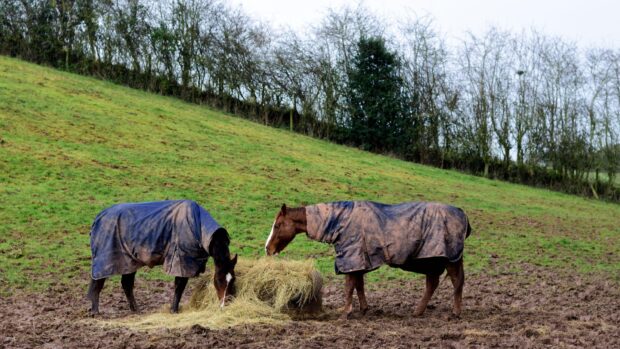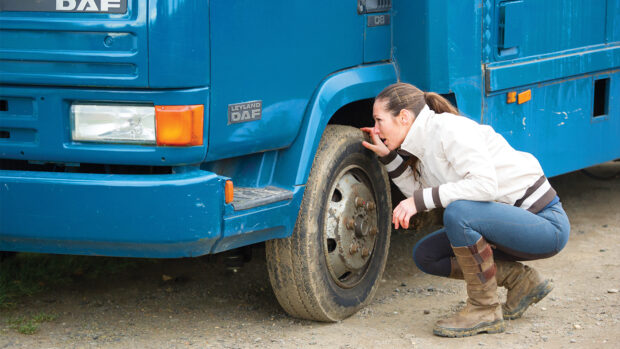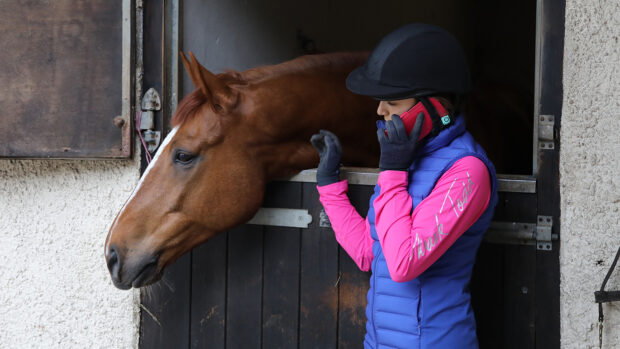Gastric ulcers remain one of the most claimed-for equine conditions, according to equestrian insurance providers.
Data released by SEIB Insurance Brokers showed that for the second year running, digestive disorders, including colic and ulcers, are the number one cause for claims. External trauma was second and degenerative disease third.
An SEIB spokesman said that in 2022, the average cost of a claim related to digestive disorders was £2,459. Ulcers make up the bulk of this group at 59%, and of the ulcer claims 37% cost more than £3,000. External trauma claims, including accidents, kicks, cuts, wounds and fractures, made up 56% of claims made and had an average cost of £1,379. Degenerative disease and development disorder, including skin disease, was the third most common cause for a claim and had an average claim cost of £2,435.
“There are so many wonderful advances in veterinary treatment and technology which help our horses live longer, happier and healthier lives. However, this has resulted in the cost of treatments going up significantly, meaning that having correct and effective insurance for our horses is more important than ever before,” said Nicolina Mackenzie, SEIB marketing manager.
“We never know what is around the corner, but insurance helps ensure the wellbeing of our horses and provides peace of mind to owners.”
Last year, The Insurance Emporium paid out £724 on average for disease claims affecting the legs, including stifles, hocks, and fetlocks – and hindlimb lameness. The other most common conditions for claims were “disease” affecting tendons and ligaments, digestive issues, bone disease, and back, spine and pelvis problems. The average paid claim for ulcers was £949, external accidents £719, and the average teeth and gum paid claim was £713.
The Insurance Emporium CEO Francis Martin told H&H that at a recent equine insurance providers’ forum, it was noted that due to inflation and the cost of living crisis, fees for providing treatment had “significantly increased”.
“This is when horse owners will truly feel the value of insurance as the cost to treat even the least severe of conditions is considerably more than it was only a few years ago,” he said.
“When considering what equine insurance is right for you, you might look at it as if the worst-case scenario were to happen, could you afford to pay for their treatment? If not, ensure your insurance does cover those types of cases.”
You might also be interested in:

Gastric ulcers in horses: the important facts every owner needs to know

‘Long may they continue’: Britain’s best equestrian yards celebrated

Subscribe to Horse & Hound magazine today – and enjoy unlimited website access all year round
Horse & Hound magazine, out every Thursday, is packed with all the latest news and reports, as well as interviews, specials, nostalgia, vet and training advice. Find how you can enjoy the magazine delivered to your door every week, plus options to upgrade your subscription to access our online service that brings you breaking news and reports as well as other benefits.




